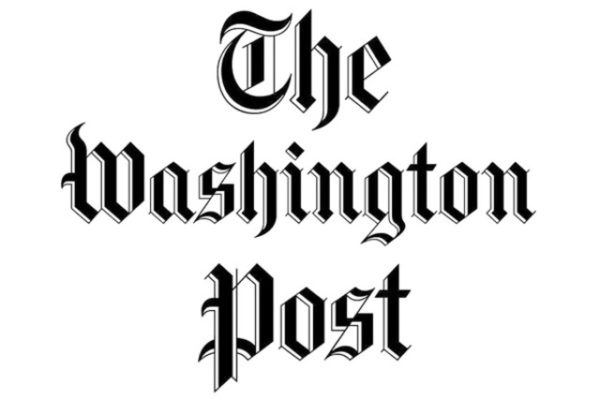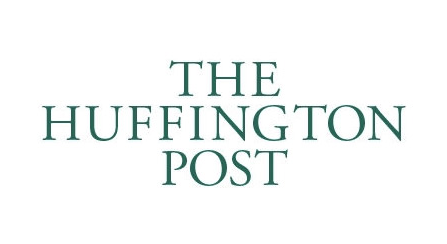Procurement Fraud
Violations of Buy American Act and U.S. Trade Agreements Act
By operation of Federal statute, most government contracts carry requirements that goods procured or used in contract performance be obtained in manner that serves United States public policy.
During the Great Depression, Congress passed the Buy American Act (41 U.S.C. § 10a-10d) to advance the policy that Government procurement should be directed to benefit American businesses first. The Act is designed to ensure that, when feasible, items purchased with Federal funds are manufactured in the United States. To that end, the Act generally requires (1) that the end-product procured by the U.S. must be manufactured in the country and (2) more than 50 percent of the cost of all the component parts must also be manufactured in the U.S. It should be noted, however, that the Buy American Act carries exceptions, and other Federal laws authorize Government agencies to waive the Act’s requirements under certain circumstances.
Nevertheless, violating the Buy American Act in the performance of a Federal contract may give rise to False Claims Act (FCA) liability. Examples of violations that have resulted in recoveries include a major aircraft manufacturer using Russian titanium fighter planes, a general contractor installing steel pipe manufactured in Taiwan, and a large vendor selling Chinese goods to Federal agencies through a General Services Administration contract.
Similarly, the U.S. Trade Agreements Act provides that vendors selling goods to the U.S. via Multiple Award Schedule contracts (explained in more detail below), may only sell products that are manufactured or “substantially transformed” in countries with reciprocal trade agreements with the United States. Knowingly violating these requirements amount to an FCA violation.
Pricing Fraud
Many of the goods that the various federal agencies need to acquire from private vendors are purchased via the Government Services Administrations’ Multiple Award Schedule (MAS) program. The MAS program provides government agencies with a streamlined process for procuring commonly-used commercial goods. In order to enter the program and become authorized to furnish these goods to the U.S. government, commercial vendors are required to agree to contract terms, including the disclosure of commercial pricing. The prices for many goods set by the General Services Administration though negotiation with private suppliers are publicly available via the Federal Supply Schedule.
“It’s more important now than ever before to make sure that taxpayer dollars are not wasted on higher prices. We will not let contractors victimize the taxpayers by hiding their best prices.” – Brian Miller, GSA Inspector General
The pricing requirements attendant to the MAS program are designed to provide the U.S. with what is sometimes termed “most favored customer” status. MAS vendors are required to disclose the prices they offer to other, similarly situated private customers in the marketplace, including any discounts or rebates that the vendor has or plans to offer to its other customers. Vendors are then required to offer a comparable discount to the GSA and its client agencies.
The U.S. has prosecuted False Claims Act cases against and recovered hundreds of millions of dollars from companies that failed to abide by the pricing disclosure and reduction requirements of the MAS program.
Defective or Substandard Goods and Services
When government contractors deliver goods or services that they know fail to comport with contract requirements – often concealing flaws or falsifying the results of tests designed to assure quality – they violate the False Claims Act (FCA).
Via the FCA, the U.S. and its private partners – qui tam whistleblowers and their attorneys – have prosecuted contractors and recovered taxpayers dollars in a wide range of contexts, including:
- Knowingly delivering defective products of all kinds, including body armor that loses its ballistic capabilities easily when exposed to heat; jet turbines that fail to meet design requirements, causing crashes; low-quality plastic pipe; faulty helicopter parts; and substandard computer systems and software.
- Falsifying or knowingly certifying flawed quality test results, including falsifying the results of aircraft engine balancing tests; failing to perform required tests of space shuttle and missile electrical components; and manipulating and fabricating quality control data for road construction projects.
- Performing substandard services, such as improperly installing and monitoring energy-efficient climate control equipment in government buildings; and ineffectively managing construction and quality assurance services.
- Using or delivering “substitute” goods – goods other than those called for by the contract – including incorporating used parts in fabricating missiles; delivering lower quality work gloves than were purchased; utilizing sub-optimal floor tiles; and knowingly installing the incorrect type of bomb fuse component.
“Frohsin Barger & Walthall Wins $75 Million Medicare Fraud Settlement”
Our Attorneys are National Qui Tam Experts and Trial Lawyers.
“The Accomplishments of Frohsin Barger & Walthall warrant the wealth of accolades that it has received.” — Benchmark Plaintiff
Jim Barger and Elliott Walthall are the only private attorneys general in the country ever to be tapped as part of a Department of Justice trial team in a Medicare fraud jury trial. A noted expert on the False Claims Act (FCA), Jim Barger teaches upper-level courses on the subject as an adjunct professor at the University of Alabama School of Law, ranked among the top 15 law schools in the nation by Business Insider in 2016. Barger has appeared on HuffPost Live, Fox 6 Atlanta, and National Public Radio, and his opinions on FCA Medicare enforcement are regularly sought by major newspaper outlets, including The New York Times and The Washington Post.
Both Barger and Walthall have spoken on national panels about Medicare fraud for the American Bar Association, the American Association for Justice, and Taxpayers Against Fraud. In 2015, Barger was a featured symposium speaker on Medicare Fraud and the FCA at the Georgetown Law Center in Washington, DC. In 2016, Georgetown’s American Criminal Law Review published a new research article by Barger on the public-private partnership of the FCA.
Frohsin Barger & Walthall Represents Whistleblowers Nationwide.
Frohsin Barger & Walthall investigates and litigates qui tam actions on behalf of whistleblowers in federal and state actions across the country. Our representation includes evaluating, investigating, and filing qui tam actions, as well as assisting prosecutors and investigative agents in pursuing cases and reaching settlements, with a high percentage of our cases resulting in government intervention. We have sealed cases in multiple states across the country and regularly travel to meet with United States Attorney’s offices, State Attorney General Offices, and United States Department of Justice attorneys in Washington, DC.
The False Claims Act Offers Protection and Rewards for Whistleblowers.
Blowing the whistle on corporate fraud takes courage, and the law rewards that courage with certain protections. We understand that one of the most important aspects of representing corporate whistleblowers is guiding and protecting them through the difficult, stressful process of litigation. The False Claims Act (FCA) provides for a whistleblower’s case to be filed under seal and the identity of the whistleblower to be protected during the course of the government’s investigation. Further, federal laws protect against retaliation by mandating the reinstatement of wrongfully fired employees at the same seniority level, as well as an award of double back-pay, interest, and attorneys’ fees. Finally, successful whistleblowers are entitled to up to 30% of any FCA recovery, which Congress has mandated is three times the amount of fraud that is proved through the whistleblower’s allegations, plus substantial civil penalties.
Frohsin Barger & Walthall whistleblower cases have been featured in the following media outlets, among others:
Click on the media logo to read the featured story




